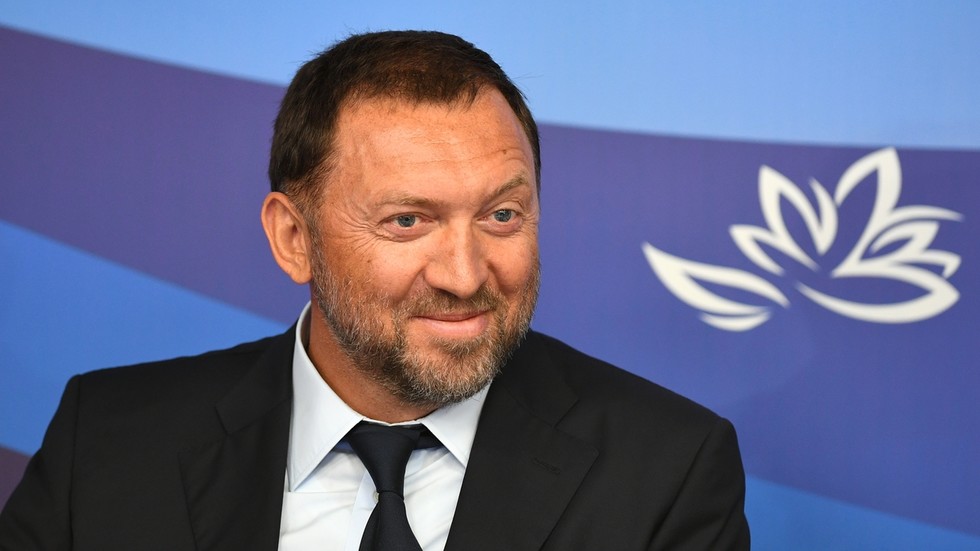The plan would unfreeze Oleg Deripaska-linked shares to offset billions in damages that Raiffeisen Bank was ordered to pay by a Russian court
The EU is preparing to lift sanctions on assets linked to Russian businessman Oleg Deripaska in order to compensate Austria’s Raiffeisen Bank International (RBI) for losses in Russia, the Financial Times reported on Friday, citing EU officials.
The Austrian lender is among the few foreign banks still operating in Russia despite Western sanctions imposed after the escalation of the Ukraine conflict in 2022. It facilitates euro and dollar transactions and is listed by Russia’s central bank as one of 13 systemically important lenders. RBI has been scaling back its Russian operations under pressure from EU and US regulators.
A draft of the EU’s new sanctions package includes a plan to release around €2 billion ($2.1 billion) in Strabag shares, an Austrian construction group once part-owned by the sanctions-hit Russian billionaire, people familiar with the matter told the FT. Deripaska, the founder of aluminum giant Rusal, was blacklisted by the EU in 2022.
The shares would reportedly be transferred to Raiffeisen to offset a €2 billion damages payment the bank was ordered by a Russian court to make in a dispute with a Deripaska-linked business.
RBI and Deripaska previously sought to negotiate an asset swap to unfreeze his 24% stake in Strabag, held through his company Rasperia. The deal to swap assets in Russia for those in the EU collapsed due to pressure from the US authorities and concerns that it would breach EU sanctions.
Rasperia later sued RBI in Russia, winning €2 billion in damages plus a court-ordered transfer of the Strabag stake to the Austrian lender.
Raiffeisen said in January the Russian ruling had “no binding effect in Austria” and that the stake remains frozen under EU sanctions.
The proposal put forward by Vienna would effectively enforce the Russian court’s ruling by letting Raiffeisen claim the shares. Some EU diplomats warned the move could encourage similar claims by Russian entities. “It may set a convenient precedent for Russian entities to indirectly recover their frozen funds,” one diplomat told the FT.
Deripaska has argued that the Western sanctions are outdated and counterproductive, saying they have failed to weaken Russia and instead risk harming the global economy.
You can share this story on social media:
Read the full article here


